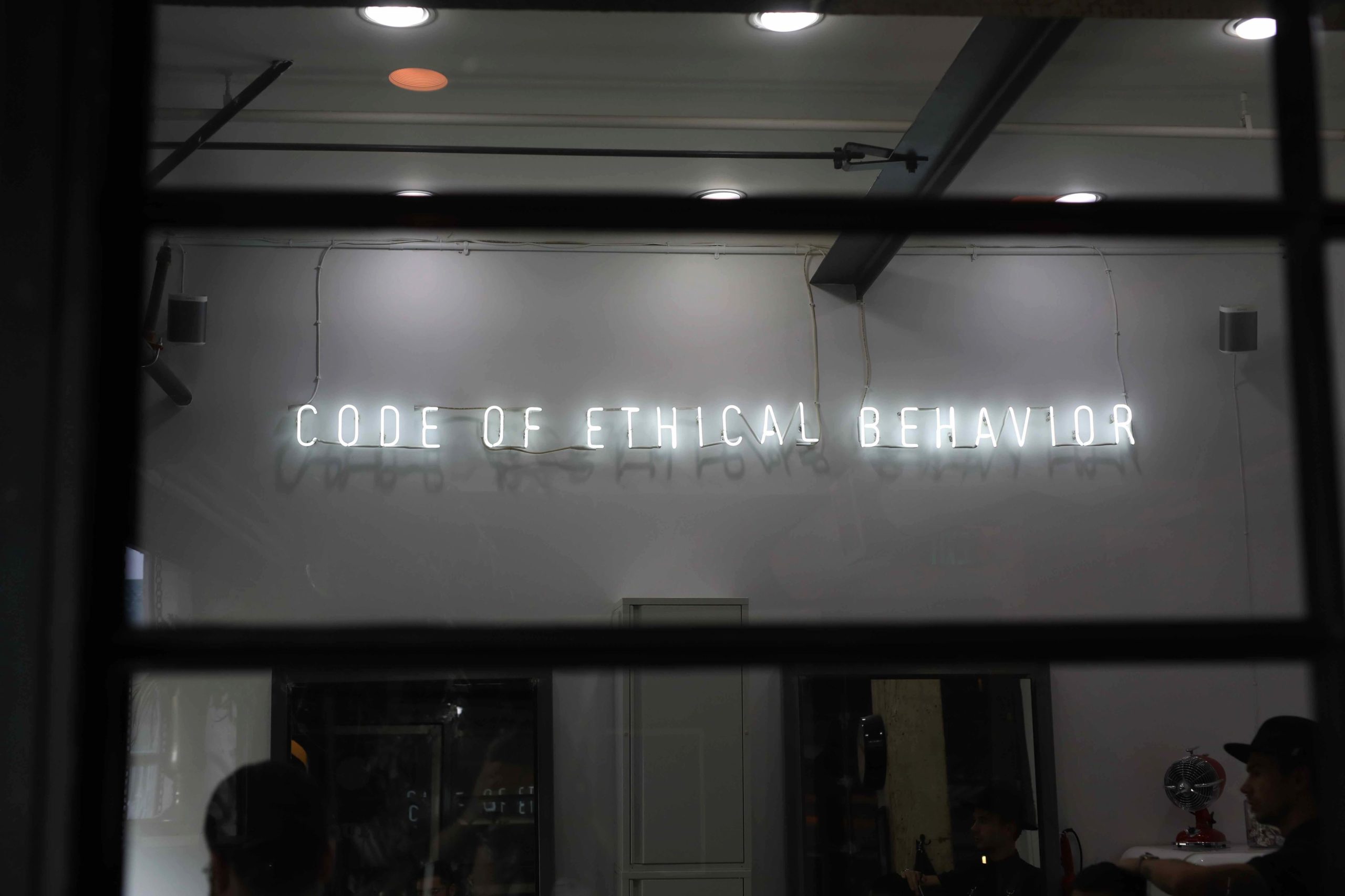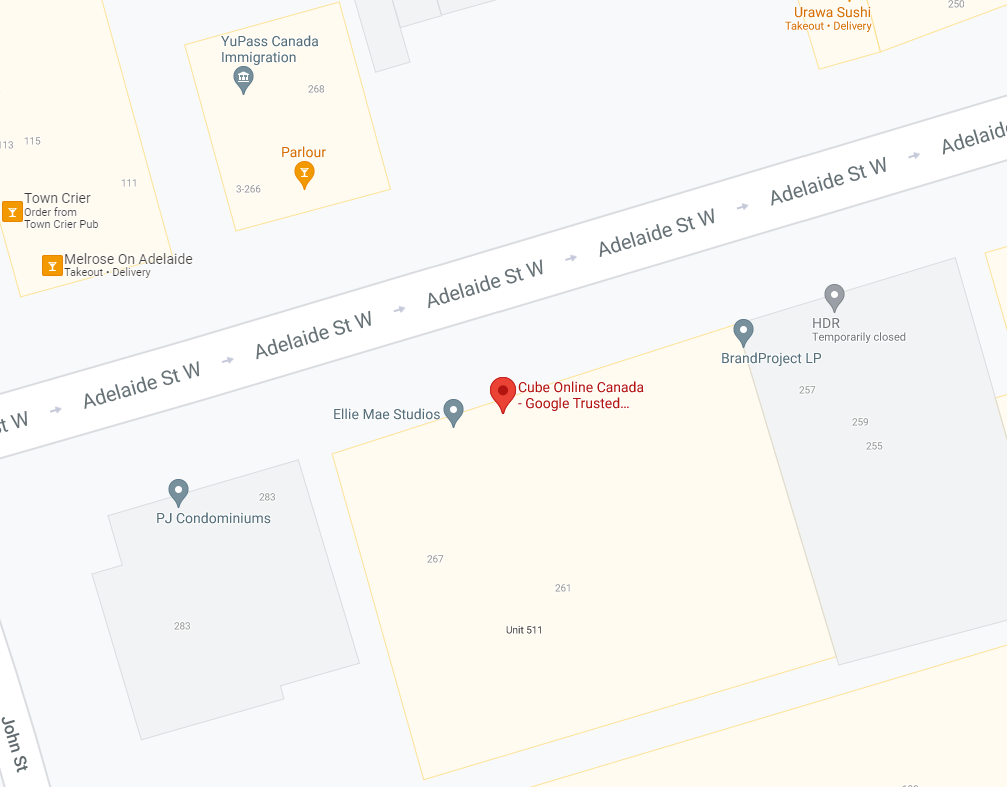Local SEO Toronto
SEO
This guide is meant to help you as a small business owner get an idea how your rankings can be improved on Google and Bing for local Toronto searches.
Would you rather stay away from all the technical know-how? Take a look at our local SEO services.
There is quite a bit of technical know-how involved, especially when it comes to technical SEO, but I’ll try to make as user friendly as possible with the use of screenshots and examples. You can also adapt this guide to put together a local SEO campaign for other areas.
What is SEO
There are a variety of ways how those leads are generated:
- website visits
- phone calls
- external profile visits on websites such as Yelp, Facebook, on niche directories, etc
- store and business location visits made after someone reads about your Toronto business online
- brand awareness – customer finds out about your services and then buys from you at a later time
If only thinking about all these leads makes you quiver with anticipation, hold on just a minute.
The Law Society of Ontario is the largest law society in Canada, with over 55,000 lawyer licensees and 9,000 paralegal licensees. Most of them are in the Greater Toronto Area.
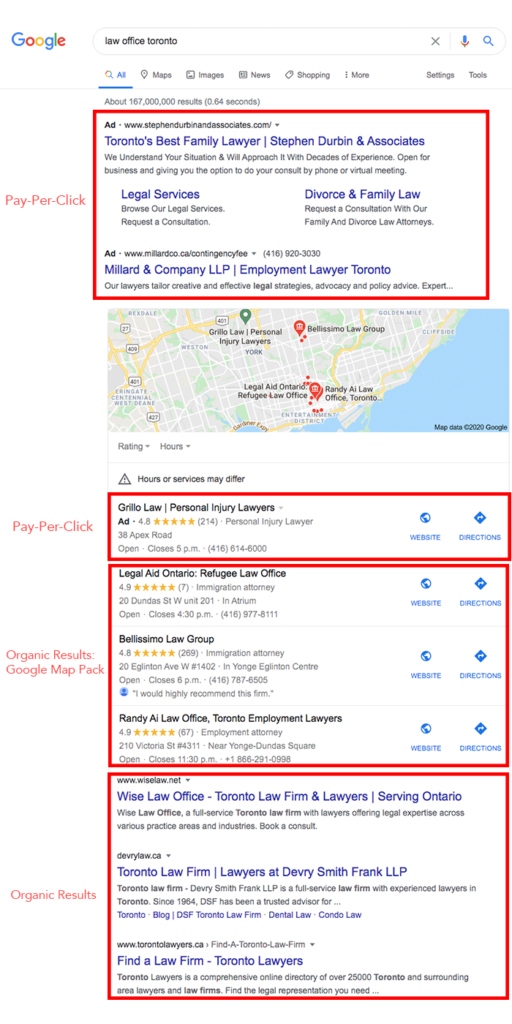
The organic results and the map pack are determined by 2 slightly different Google algorithms. This is probably a good moment to tell you that no one, absolutely no one outside of Google’s own top engineers know exactly how those algorithms work. That is why local SEO is not an exact science. There are people and marketing agencies that have got pretty good at it by testing extensively what works and what doesn’t. But even then, specific ranking factors change on a regular basis (Google uses over 200 of them) and ranking difficulty also varies based on how competitive your industry is in the Toronto area. For those reasons, a good Toronto SEO expert needs to:
- Continuously monitor the competition
- Always educate himself so he is up to date with the latest changes in the Google ranking algorithms that will undoubtedly take place
-
- No SEO can guarantee rankings 100%. Sure, there are some that are pretty certain that what they’ll do for you will earn you top rankings, but that may go away with the next Google algorithm update. Let’s see what Google has to say on the subject:

- It is very hard, sometimes impossible to work with a business that gets regular bad reviews. The first thing you should do, before hiring a SEO OR with the help of the SEO you hire is work on your customer service, improve your own service and generate better feedback.
- No SEO can guarantee rankings 100%. Sure, there are some that are pretty certain that what they’ll do for you will earn you top rankings, but that may go away with the next Google algorithm update. Let’s see what Google has to say on the subject:
Local SEO Proximity Relevance
As you can imagine, proximity is one of the most important factors when it comes to local Toronto SEO. If someone searches for a Toronto electrician, it does not do them any good if they are being shown electricians from Addison, Texas. Or even electricians from Addison Illinois. By showing electricians near your Toronto location, Google solves a few issues:
- ETA – how long it takes the contractor to get to your house.
- keep the cost low. Because the commute is shorter, the service cost is lower.
- keeps you satisfied. By showing local contractors that do service your area, you do not waste any time by calling businesses that will refuse to help you because they are too far away.
Proximity is maybe the most important ranking factor, but it does vary based on the service industry. For example, if you want to order a Pizza, you will be shown Pizza restaurants that are really close to you so your food does not get cold by the time it gets to you. On the other hand, if you want a really good and communicative family lawyer, you might be willing to travel further away once in a while to meet with her.
Proximity is one of the local SEO factors that applies differently to the organic results and to the map pack.
Toronto Google Business Listing
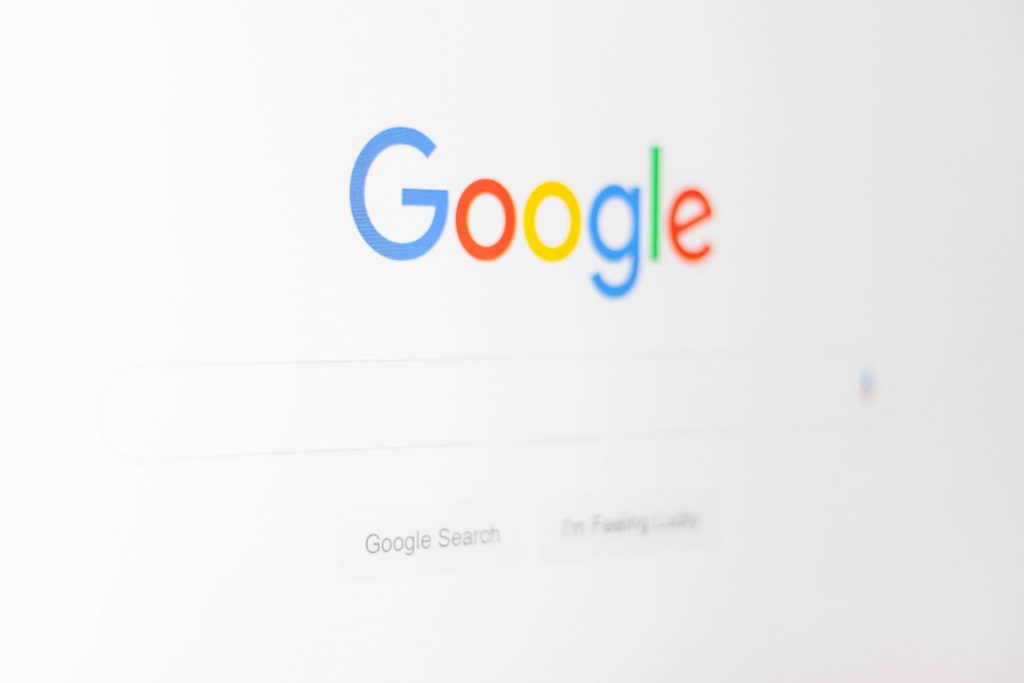
If you want to rank higher in the organic rankings and get shown on the map pack, you need to have a Google My Business listing. Companies that have been in business for while might have an unclaimed listing, that they do not even know about it. That listing is being used to show details about your business such as name, address and phone number (abbreviated as NAP by local SEO experts), information about your products and services, a link to your website, current offers, reviews, posts, etc. Additional features are regularly added or updated and it is a good idea to know about the latest developments as they might give you a competitive edge.
Your Google My Business listing will show in the following places:
- Google Search – in the Local Pack.
- Google Search – in the Local Knowledge Panel.
- Local Finder – the results displayed after you click the “More Places” link located under the Local Pack.
- Google Maps – on the Maps website, Maps app on your smartphone.
- the Google Assistant app.
Local Link Signals
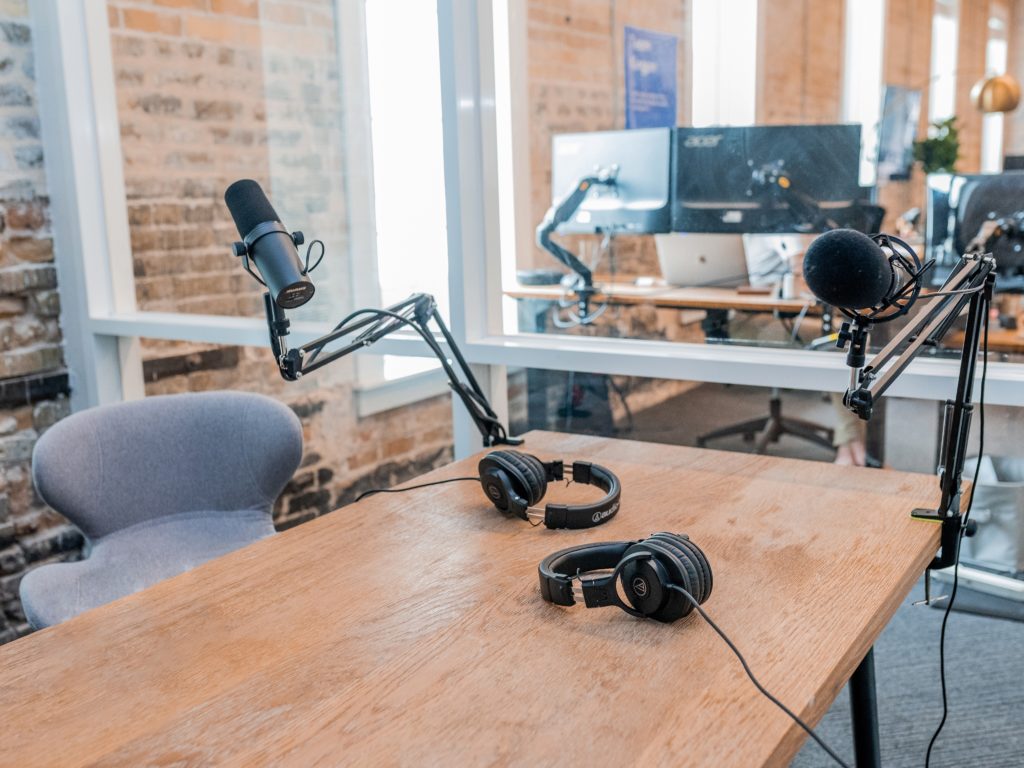
Google has a love/hate relationship with links. They love the naturally acquired links and sometimes penalize self-made links. But, unless you are a big brand, links are almost never naturally acquired and you do need them if you want to rank.
There have been entire books written on linkbuilding, so I will not even try to summarize them in couple of paragraphs. Instead, I’m going to try to give you an idea why they are important and when they can get you penalized.
The foundation of Google’s success is built upon their algorithm using trusted links as a ranking factor and, because of that, delivering better results than other search engines. Google views links from other trusted websites to your website as a vote for your website. Not all links are equal – a backlink from whitehouse.gov or nytimes.com might be hundreds of times more powerful (or more) than a link from a random blog. Not all links count – some links such as paid links have to be marked as being such (by using the nofollow attribute). Because a lot of people have tried to manipulate Google rankings, some links (quite a lot) and linkbuilding strategies can definitely hurt your search engine traffic and even get your website penalized.
Here are some other link details that you need to know before we go to the next Toronto local SEO ranking factors :
- editorial links are more powerful than a self-created link, such as a directory listing. Because links are seen as a vote, an editorial link inserted in someone else’s content counts as an independent vote, whereas a directory link from a listing you created counts as you voting for yourself.
- some directory links still help you get better rankings and might even send you some direct, referral traffic.
Usually such links are from niche directories or local Toronto directories (if only Toronto businesses can sign up, having your business listed there sends a location signal to Google).
- there is a myriad of ways how you can get relevant, good quality local links. Most of the ones worth having are not easy to get, they are not cost free (you should not pay for the link itself, but you still need to invest time and money in creating content and forming relationships with other Toronto businesses and associations) and come from websites that have a life of their own and are not made for the sole purpose of creating links to other websites.
A couple of examples of good links are:
- an ISA link for a Toronto arborist. This establishes the fact that the business listed offers tree services and also establishes the fact that they have been specifically and extensively trained for that purpose.
- a directory listing at http://www.localfirstchicago.org . Remember to keep your NAP (Name Address Phone) consistent with what you have on your Google My Business listing and on your website.
- a guest post on a website such as http://loopchicago.com/blog/tag/guest-post (if you are able to get one)
- getting featured in an online article from one the local Toronto newspapers
As you can see, the strategies required to obtain those links are different. For the ISA link, you need to complete a course and get a certification. For the directory listing, you only need to add your business information and sign up, for the guest post you need to contact the webmaster and pitch them your article idea, for the Toronto newspapers you need to contact them or send out a press release. These are just a few of the strategies you can use to acquire relevant Toronto links. There is no exact science to how it should be done and the more creative you get, the more chances you have to succeed.
On Page Local Toronto Signals
There are a lot of on page local signals you can use, I’ll just mention a few:
- local Toronto portfolio
- customer reviews
- structured data
- local pages for different Toronto or suburb locations
- website performance – is it fast loading and mobile friendly? If not, you might need to redesign your website and choose a fast Toronto VPS hosting

Citations Signals
Citations are mentions of your NAP on different websites such as directories and blogs. They can be structured citations (on directories, since all the businesses listed there have there business info structured identically)and unstructured citations (for example on a local Toronto city guide blog where your restaurant is mentioned).
- use specialized tools such as links and citation tools.
- search for them using advanced search modifiers
- monitor your competitors’ citations and replicate the ones they have and you don’t.
- use data aggregators to distribute your business data to other websites.
- find local and niche websites.
- find unlinked mentions of your website, contact the webmaster and ask them if they can also add a link.
- find co-citations. If a page links to 3 of your law business competitors, that means that any other business added there is more likely to also be a law business. A link from such a page will add more niche relevance to your website.
Behavioral Signals
Google tracks users’ behavior to find out what they’re actually looking for in a search. This helps the search algorithm understand what people need. Whether it’s to learn new information or if they’re looking to buy. When people search they have specific conditions that they want a business to meet. This helps the search engine narrow down the links on the webpages to something more suitable. Some factors that search engines use are:
-
- Near me searches: It’s very common for people to look for services nearby. The close proximity makes it convenient for people to visit the business. If your business is close to the user’s location Google will recommend your website as it is relevant to the search. You can take advantage of these types of searches by having your business listed in Google My Business. This is a great place for people to leave ratings and reviews. So even if your business isn’t as well known, other people’s recommendations can encourage people to try it out. It is also the first thing people see in the search results so it’s good to take advantage of it. Another way your business can show up for near me results is by clearly stating the location of the business on your website. This will give your web pages more visibility in the search results.
- Click-through rate: Let’s say that Google displays your business 100 times on the first page at the first position for a certain keyword (in reality, Google continuously tests and shifts a percentage of the results, based on searcher location, browsing history, etc). Then they look at how many people clicked on your result to go to your website. If your result got 25 clicks out of 100 and your competitor’s result, which is at position #2 got 50, then they might consider your competitor’s result more relevant to what people are searching and move them to position #1. Other responses to your business listing, such as clicks on the phone number (phone calls), bookings, and driving directions are also considered. So the more people click on your website the more relevant the website seems to be to the search engine. People are more likely to click on the website the higher the position. So the search engine tries to make these links useful to the viewers.
- Time on the website: After clicking on your result, if the visitor only spends 20 seconds on your website before they leave for another result Google will take note of this reaction. This signifies to the search engine that the user did not find what they were looking for on your website. This varies based on the type of search or keyword used. For example – when it comes to “transactional searches” where people are searching with the intent to buy something, they might be just shopping around and hopping from one website to another to compare prices, reviews, etc. But if people consistently leave your site after a cursory glance Google realizes that this site isn’t useful for the search and lowers the website result accordingly. People may leave because they couldn’t find what they were looking for or because it was hard for them to navigate the site. But the problem needs to be fixed if you want your website to increase its search results rank. The time spent on a site has a strong relation to how useful the website seems.
- In-store visits. Through the use of apps like Google Maps, Google can track your visits to the actual building and store the info to the search results. After all, if someone actually took the time to visit the business it must be relevant to the searches. Searches that lead to actual visits give the search engine multiple data sources to collect from and draw conclusions from. Don’t worry this does not identify an individual. It is only compiled for a statistics report to help the search engine get you relevant results. If a store has received many in-store visits for their merchandise it shows they’re more relevant for a specific search. This means the website itself will rank higher and depending on how the users react to the information.
- URL Search: There is a reason why people fight over URL domains. Not only are they simpler to remember which means your site will last in their mind longer. But this makes it so that people are comfortable typing the URL when searching for the website. This is better than users just randomly finding your webpage as it shows that the people coming to your site are repeat users. If the search engine realizes that people prefer a specific webpage and are willing to type the exact URL to get there, then the page holds more significance. The more the URL is deemed useful the higher the visibility of the webpage in search results. This can only work if the URL is short, sweet and simple so be careful when choosing one. A URL structure can make or break your site.

- Backlinks: A backlink means that another site is linking to your website. This is a great way to determine what users think about your site. If other sites think your website is useful then the search engine will take that into account. When websites with high domain authority (high trust from the search engine) link to your website. Then by association, your website will gain a little trust as well. Of course, these links only matter if they are do-follow. This means the search engine is allowed to look through the link which improves website visibility. One way to get your links on other websites is by having great content. When something is good people want to share the information with others. If other websites choose to use your content they’ll cite your website. This gets people as well as the search engine interested in your website.
- Reviews: It doesn’t end when users buy the products they were looking for. The end result (the experience) matters too. If someone feels that the company wasn’t worth their time and effort the reviews will reflect that. Reviews and ratings are factors that search engines take seriously when recommending a website. This is because users themselves have tried out the company and have valuable information to add about the business. People trust businesses that have been reviewed by many customers. Because that is the next best thing to having an in-person recommendation. Reviews are a great way for smaller businesses to compete. Both search engines and people hold the information provided in high regard. It also makes sure that businesses are held accountable for their actions. This is why businesses strive to be customer-oriented to get raving reviews and ratings.
- Keywords: When people search online the words they type are important clues the search engine uses to determine how useful a website will be. When users search with the clear intent to purchase something all the links are shown to shopping sites. Places where they can purchase the item. But sometimes users aren’t clear about their intent. They might be looking to buy or just for some information. When this occurs search engines try to balance out the websites shown with a mix of both. Sometimes keywords can have a wide range of meanings. So it’s best that your website has specific keywords so that you get the right target audience. If you’re a bookstore called Sunflower try to make sure that people only find your site if they’re looking to purchase books. People tend to get annoyed when they’re taken to a site they have no interest in. Every page should have its own unique keyword that aptly names the topic of this page. This way a website is upfront about what their content and services are about.
- Personalization: Have you noticed that sites you visited previously are the ones that show up when you search up the same topic? Since these websites have proven to be useful to the user before the search engine will recommend the website again. This increases the website rank as well. Google is the #1 search engine used all around the world to find information. These users create Google accounts. This makes it easy for the search engine to track our preferences and give us the site we’re looking for. Google accounts track our data to determine which websites are the most viewed. This way they can recommend this site to future users with similar preferences. Businesses who show good follow up after customer visits such as with emails or other offers are regarded better as well. This shows that businesses care about customer satisfaction.
- Titles – The way an article is titled can give your page more visibility. Users end up searching using a question format. While many search engines try to understand user intent from keywords alone. Having an article titled with how-to can gain your webpage more online traffic. Since the titles sound similar to what people were searching for they are naturally drawn to the content. They believe that they’ll find the information they’re looking for if they read the article. Articles with titles with questions actually get shared more often meaning your website could get more backlinks from other sites raising your website ranking. Titles that grab people’s attention tend to get more views than titles that don’t
How much of a correlation is there between users and search results?
Toronto Social Signals
- having claimed social media accounts for your business – might show that your business exists on other platforms besides your website and Google My Business listing and lend it some more credibility
- engaging your customers on social media to create meaningful conversations is a good idea
- although Facebook ads work well for some local businesses, the organic reach is abysmal for most of them.

Reviews
I tell my clients to treat reviews the same way they treat money. Some of them listen, some of them don’t. I’ll let you figure out who’s more successful.
Google even has a whole section dedicated to offsite reputation of a website in their Search Quality Evaluator Guidelines:

Keyword Research, Tracking Results & Specialized Local SEO Tools
If you have the knowledge how, you can do all the steps mentioned above manually and still get good results and better Toronto search engine rankings. But you can save yourself tens of hours of work and a lot of frustration by using specialized tools and doing your keyword research before starting your SEO campaign.
Local keyword research will show you searches that you might be interested in because:
- they are relevant to your business
- your competitors are showing for those searches
- they have a high commercial intent or a very high value to you. E.g. emergency searches – 24 hours Toronto accident lawyer
- they have an informational intent. You can capture these searches early in their research process, familiarize them with your business and convert into a paying customer at a later time. E.g. local SEO Toronto – this article is meant to educate business owners on what it takes to show your business on Google for relevant searches
As you probably noticed, now you know what it takes to put together a local SEO campaign, but you do not have the exact knowledge on how to execute some on the individual steps. Moreover, you do not know how important each step is to the overall strategy and where you should focus more. These are the reasons why:
- each market is different. Running a Toronto lawyer SEO campaign is much more difficult, competitive and costly than running a Toronto pet store campaign. A pet store earns considerably less from each client than a lawyer does and does not have the same budget to invest in SEO as a lawyer does.
- there is a lot of knowledge required to improve the loading speed for your website, for example. And it is just one component of an individual step needed to improve your online presence.
- for some of the steps, such as keyword research, citation and link building, you have to actually go through them in order to figure out which is the best way to go.
Do I Need SEO For My Website
It depends on what you need to accomplish with your website and on what your budget is. SEO is continuously changing and results are based on your market’s competitiveness. SEO results are not guaranteed. Same as an workplace accident lawyer cannot guarantee the success of your case, neither can a SEO guarantee placements on Google. However, a good SEO would not stay in business if they did not deliver satisfactory results. One of the things you should ask your Toronto SEO is a monthly report that summarizes the work they’ve done.
SEO takes a few months to experience results, especially if you have a brand new website and business with no presence online whatsoever. A faster alternative to SEO is running paid ads on Google and Bing (as of August 2018, both search engines offer coupons to new advertisers). Doing both SEO and PPC might be a good idea if you can afford it. Google has repeatedly said that running paid ads has no direct impact on your organic rankings. And, for most part it does not, but it may have an indirect impact on them. For example, let’s say that someone searches for a Toronto roofing contractor and your Google Ads result is displayed. They click on it, browse your website a bit, but they do not hire you. A few weeks later, they remember about your result. or maybe the find the slip of paper that they wrote you company name on and they search for “Company Name Toronto roofing”. Remember how branded searches are considered a good behavioral signal? In fact, Wil Reynolds of SEER Interactive ran a test in 2013 that shows the tight relationship between paid and organic results on Google and how they affect each other.
Let me know if you have any questions or suggested updates.


